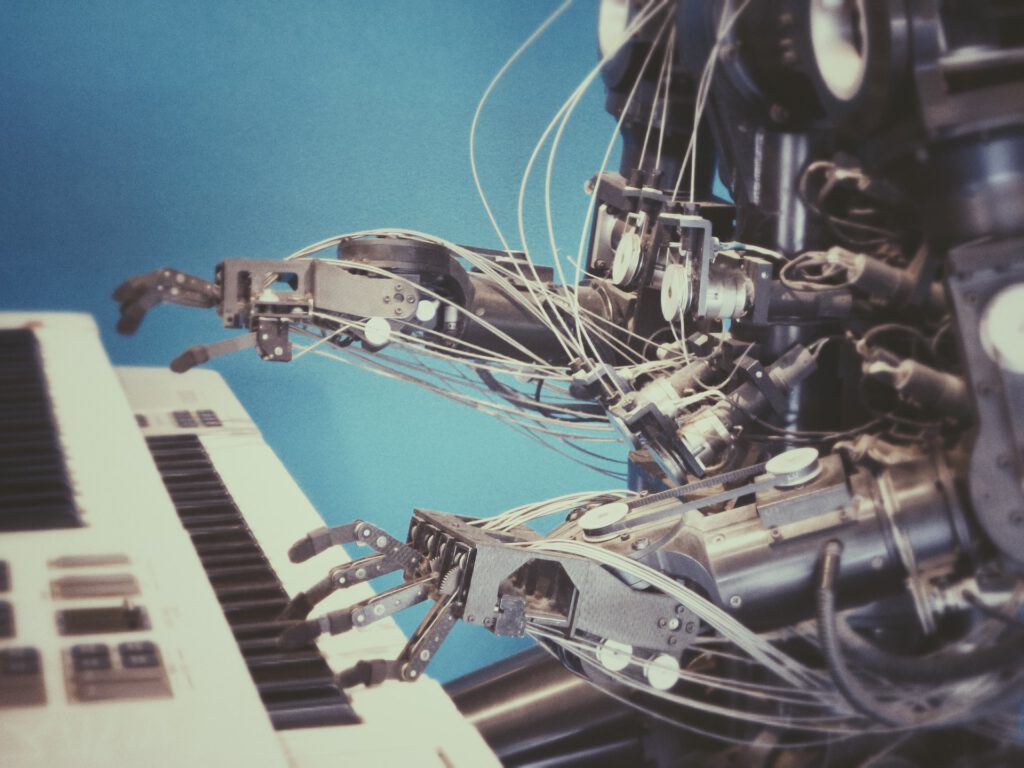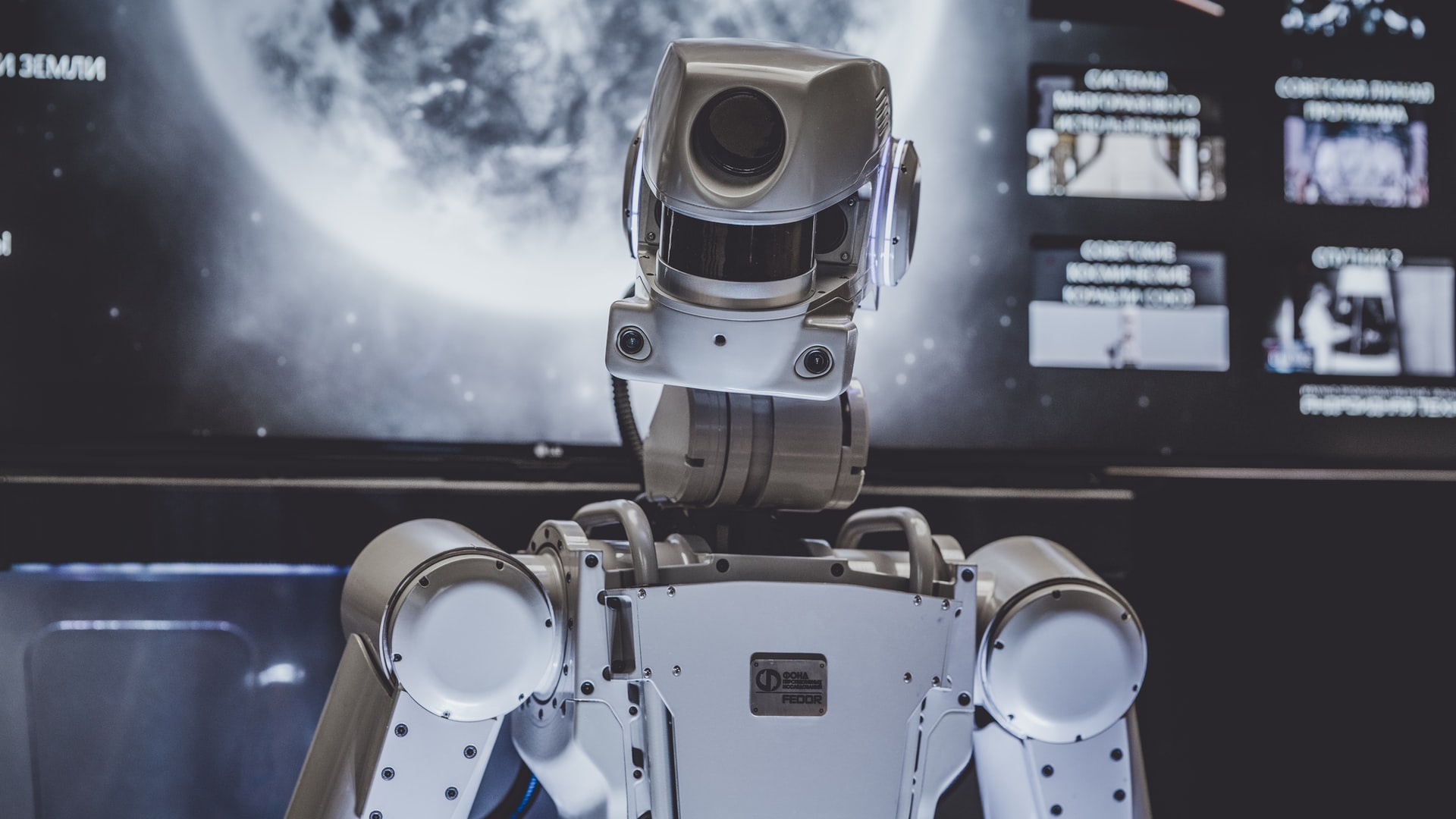Our digital landscape continues to develop at a rapid pace. The last couple of decades have seen some enormous leaps. This applies to both how advanced technology has become and to how we have adopted it into our lives. Artificial intelligence (AI) has become particularly prevalent in various areas. It’s present in your smartphone, it aids traffic management, and it helps make business activities more efficient.
Yet, this isn’t to say all the ways in which AI is used are positive. Whenever automated technology is utilized it’s important to consider what the ethical implications might be. With some awareness and vigilance of the risks, we can identify where and how to draw hard lines and implement protective protocols. This allows us to both enjoy the benefits of AI while mitigating the problematic elements.
We’re going to take a look at a handful of the ethical considerations about interacting with AI.
Data Manipulation
Without data, there is nothing for AI software to analyze and learn from. This relationship is advantageous in various areas. For instance, companies can utilize consumer data to create digital user personas and this helps them make better-informed business decisions. We find this present in various areas of enterprise. Indeed, machine learning and AI can be used to effectively analyze data and detect the patterns needed to create such personas. This approach can be positive for everyone involved. But we also need to draw an ethical line where the outcome of such analyses may be skewed by data manipulation.
When organizations rely on data to shift decisions, they are putting a lot of trust in the developers programming the systems and those choosing the data to be analyzed. A bad actor using AI software can create a report that even experts in the subject might find convincing. This means businesses may be open to manipulation affecting their individual company, the local economy, and even the stock market. Medical diagnostic software could potentially be used to favor a specific brand’s medication.
As with so many such issues, the technology itself isn’t the problem. It’s the people using and abusing it. As such, there need to be strict ethical checks and balances in place with any organization using data analysis to influence the direction of their operations.

Cybercrime Risks
As technology has become more integrated into every aspect of our lives, the need for tighter cybersecurity controls is clearer. But as a society, we’re not great at this. Even businesses and government organizations have problems remaining up-to-date and implementing effective measures. One of the concerns with artificial intelligence is the significant potential for it to be used by unethical actors to breach security.
Part of the issue here is that AI is, by its very nature, intended to be a faster analyst and learner than its human counterparts. This can make it an agile tool for assessing a target network for points of vulnerability and exploiting them. A recent report stated that AI-supported password guessing systems are already more efficient than traditional techniques. There is also an internal risk from less-honest AI developers who build elements into the software to collect and share sensitive data.
This means those handling data using any digital tools have an ethical responsibility to maintain an awareness of how AI can interact with sensitive information. Indeed, with remote operations becoming more prevalent, it is vital to maintain strict cybersecurity protocols to mitigate the risks. Staff at all levels should be educated about the forms both AI-driven and traditional attacks take. Malware, phishing, and distributed denial of service (DDoS) attacks can be supported by either. Organizations must review their security practices and AI software frequently to identify weaknesses.
Bias Potential
One of the most striking ethical risks in relation to AI at the moment is the potential for bias. These software platforms may have some element of autonomy, but they are only as fair and accurate as the data being fed to them. As such, it can be purposefully or inadvertently influenced by the personal biases of developers, organizations, and even the segment of the population engaging with it.
In essence, this means the algorithms generated have the potential to be racist, sexist, and otherwise prejudiced. Certainly, this has the potential to skew results when businesses are seeking to learn about their target demographics or governments seeking to establish areas of need for resources. But even our most basic online interactions can be problematic. Some search engines are starting to use self-learning AI platforms to impact rankings. Bias in this area can result in portions of the population having reduced presence and engagement.
However, an area we’re really seeing issues is in political and social content promotion. Social media companies’ desire for growth almost at any cost has resulted in a bias toward right-wing and inflammatory content seeing greater presence in news feeds and recommendations. YouTube’s AI algorithm in particular has been the subject of significant backlash for its unethical algorithmic approach in this regard.
On the surface, the solution can seem like a simple matter of encouraging companies to choose solid ethics over the profits gained from higher engagement numbers — but this has proven challenging. One recent report found that testing algorithms for fairness is not a requirement at Facebook, where hate speech and other similar content continues to feature heavily. This is a clear ethical issue we need to stand against, but the work isn’t being done quickly enough to adjust AI behavior and remove social media bots feeding negative posts into the algorithm.
As artificial intelligence becomes a more familiar presence, we need to be aware of the ethical consequences. Organizations must implement checks and balances to prevent data manipulation. Companies need to adopt strong cybersecurity protocols to mitigate breaches. Importantly, the public and media platforms have to take a hard line against algorithmic bias. It is not the technology itself that is problematic. Rather, we have a responsibility as users and developers to make sure it’s utilized ethically.










